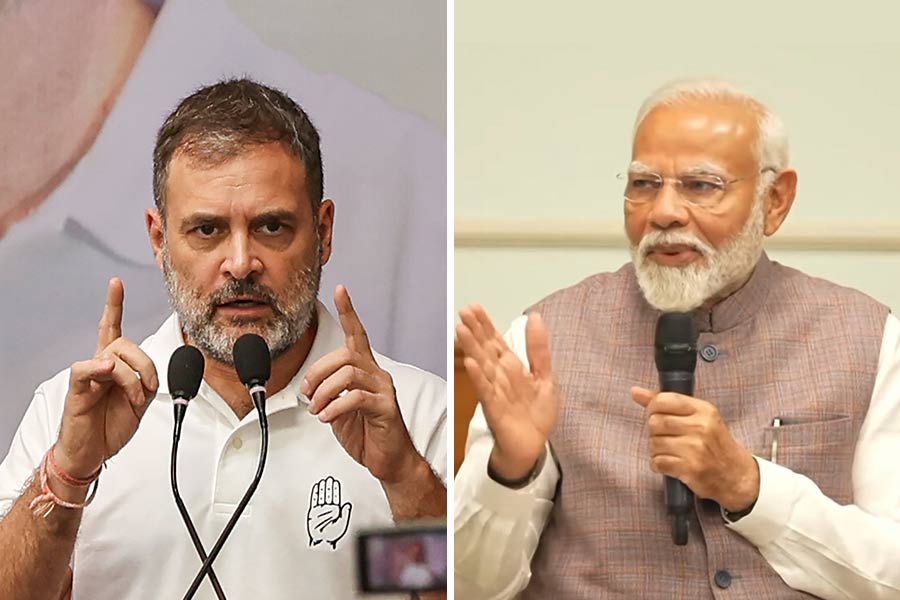With a fast-approaching July 9 deadline set by U.S. President Donald Trump for the reimposition of steep reciprocal tariffs, political tensions have escalated in India. Congress leader Rahul Gandhi has publicly accused Prime Minister Narendra Modi of preparing to surrender under American pressure, predicting that he will “meekly bow” to Washington’s terms.
Taking to X (formerly Twitter), Gandhi mocked Union Minister Piyush Goyal’s recent strong defense of the government’s trade stance, writing, “Piyush Goyal can beat his chest all he wants. Mark my words, Modi will meekly bow to the Trump tariff deadline.”
Goyal, who is leading India’s trade negotiations with the United States, has emphasised that the country will not rush into any deal that doesn’t align with its economic priorities. “India never enters into trade deals based on deadlines or time pressure. A free-trade agreement is only possible when there is mutual benefit,” the minister said during a business forum in Delhi.
No Deal Yet as India-U.S. Talks Hit Stalemate
Negotiations between the two countries have continued for months, with a high-ranking Indian delegation—led by Special Secretary Rajesh Agrawal—recently returning from Washington after week-long talks. Despite extended discussions from June 26 to July 2, no significant breakthrough was achieved on key points like U.S. access to Indian agriculture, dairy, and automotive markets.
At the heart of the dispute is Trump’s earlier announcement of a 26% tariff on various Indian exports, introduced under his April 2 “Liberation Day” policy as retaliation for India’s tariff structure. Although the U.S. temporarily suspended these duties for 90 days to allow space for negotiations, that grace period ends next week.
A senior Indian official familiar with the talks admitted that differences remain. “The Indian team is back from Washington. Negotiations will continue. There are certain issues which need to be resolved in agriculture, dairy and auto sectors,” the official said.
India has remained firm in resisting pressure to reduce import tariffs on U.S. farm products like maize and soybeans, which has become a central obstacle. New Delhi has also rejected demands for deeper access to its dairy market, a sector employing over 80 million people.
India, U.S. Push Competing Trade Demands
While the U.S. seeks broader entry into Indian agriculture and dairy, India has put forward its own asks — more favorable access for Indian exports such as textiles, leather goods, chemicals, and gems and jewellery, which are vital for its labor-intensive sectors.
Goyal has reiterated that India’s focus remains on deals that are sustainable and equitable. “National interest should always be supreme. Keeping that in mind, if a deal is made, then India is always ready to deal with developed countries,” he stated, highlighting that similar talks are ongoing with the EU, Chile, Peru, Oman, and New Zealand.
As the deadline looms, the Congress party has sharpened its rhetoric, not only accusing Modi of buckling to U.S. pressure but also criticising his silence on other diplomatic claims made by President Trump—particularly those related to tensions between India and Pakistan. The opposition has referenced Trump’s statement that he helped broker a peace understanding following the Pahalgam terror attack, a claim that has not been publicly addressed by the Prime Minister.
With just three days remaining before tariffs are reinstated, uncertainty continues to hover over whether the two nations will finalise an interim deal. For now, India insists it will only proceed when the agreement is “fully matured” and aligns with long-term national interests.


